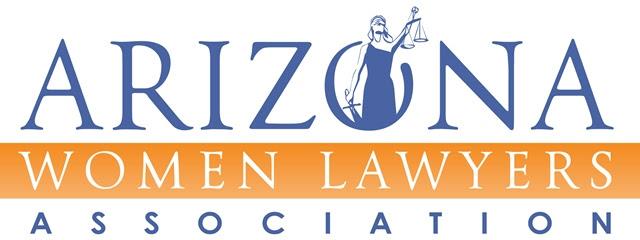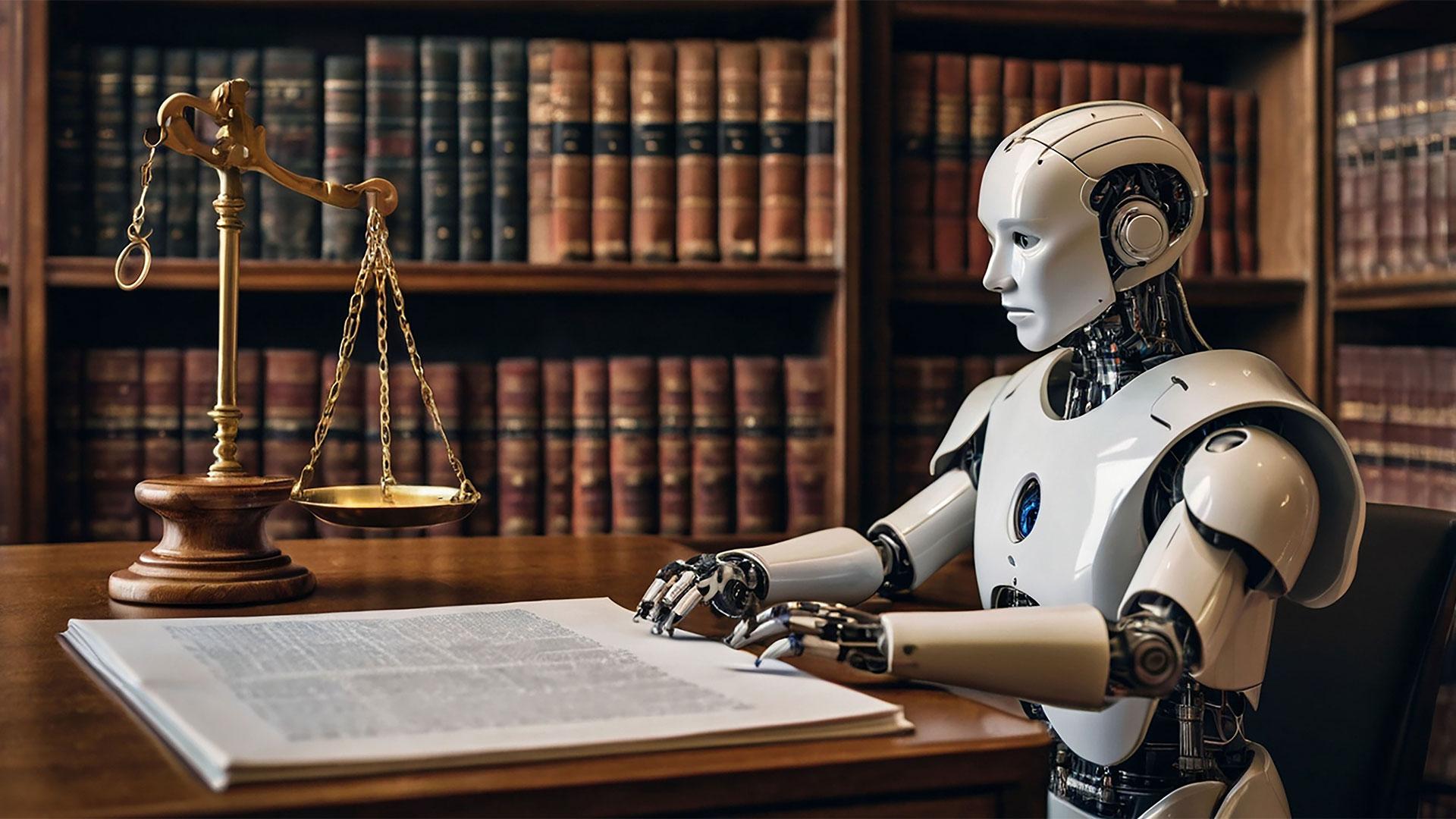In the last edition, we explored the history of AI, and we learned how it compares to “Machine Learning” and generative AI (GenAI), how the GenAI tool generates output, and from where it gets data. We even discovered GenAI hallucinations and heard cautionary tales and ethical considerations for attorneys using ChatGPT.
In this edition, I’d like to share some ways ChatGPT (and other GenAI) can help your law practice. Make sure you read and verify any output from these tools. Do you remember GenAI hallucinations from the last edition? If you missed that, ChatGPT can make mistakes! Trust but verify the results. Also, make sure any output complies with your state’s legal and ethical requirements. Most importantly, ChatGPT is a tool; it does not replace your thoughtful and thorough review or your law degree.
Here are some helpful ways that ChatGPT (and likely other generative AI tools) can assist you in your legal practice:
- Analyze Contracts: It can search for key words or phrases. It can also evaluate the contract from a given perspective and search for issues important to that party. It can evaluate missing or unnecessary sections, definitions, clauses, etc.
- Summarize Documents: You can upload documents and ask for a summary or timeline. However, there are limitations on the size of the document.
- Drafting Documents: ChatGPT can assist with drafting documents by providing forms. The process is similar to accessing a form bank.
- Client Communications: It can help draft client communications and settlement demands.
- Continuing Legal Education: Chat GPT can provide information on upcoming CLEs and summarize the information from the coursework.
- Marketing Content: ChatGPT can help you create social media posts, newsletters and clever marketing content.
- Strategy Development: It can offer insight on case strategy, including settlement negotiations and trial preparation.
- Language Translation: It can translate legal documents.
For more information on the use of AI in the legal profession, check out these resources:
- American Bar Association (ABA):
- The ABA regularly publishes articles and reports on the impact and use of AI in the legal field.
- Stanford Law School’s CodeX – The Stanford Center for Legal Informatics:
- Focuses on how technology, including AI, can improve the legal system.
- LawGeex:
- Provides reports and resources on the implementation of AI in contract review and other legal processes.
- Artificial Lawyer:
- A blog that covers news and developments in AI and legal technology.
Supporting the Arizona Women Lawyers Association for their professional standards and values.



